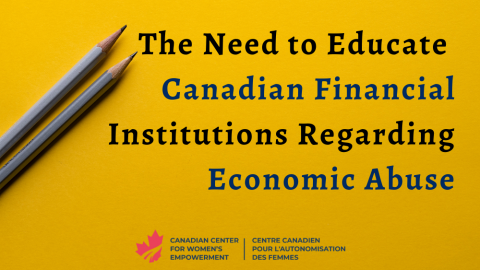When we think about Divorce and/or particularly Domestic Abuse we tend to immediately hyper focus on the hardship endured by the adult. We automatically entrust the judicial system to advocate for our children. Unfortunately, it is often what occurs outside the court room that largely impacts a child. Divorce and domestic abuse effects children, emotionally, psychologically, financially and frankly it can be the adult behavior that often “makes or breaks” a child’s recovery.
Emotionally, children feel a huge sense of divided loyalty to parents. Parents err where they overshare information and/or openly discuss financial hardship affiliated with divorce or domestic abuse with children. Bottom line? It stresses children out! Money issues in even civil divorces often plague children and make them feel guilty for maintaining healthy lifestyles such as hobbies or sports that may require additional income. Not to mention it can taint the relationship with the other parent if one parent complains about having to pay child support. This happens far more than you can imagine. This is an adult topic which only stands to make a child feel guilty and should not be discussed with children as it only puts the child in the middle.
Divorce and domestic abuse often bring about innate economic changes for a child. Logistical and residential changes often ensue due to a reduction in joint household finances. This factor, alone, can cause anxiety for a child let alone their having to process the reality of relocating, attending a new school and making new friends. Having to now live in two different households where there may be a wide gap in income can also be stressful for a child particularly if the child is residing with a parent who makes more, or less, than the other parent. For the parent who makes less, more work hours necessitating over time means more time at work and less time the parent can spend with their child. Although truly not the parent’s fault, a bitter ex may weaponize this fact and make children feel they are not receiving adequate attention from the custodial parent because “They are always at work”.

The economic consequences for domestic and economic abuse victims and their children intensify given the games abusers play such as hiding funds, denying access to funds, and generally keeping a partner in the dark about finances, overall. Frankly, this is not solely related to domestic abuse situations rather these types of games are often evident in divorce, as well. Particularly, high conflict divorces! It is not uncommon for economic abuse to accelerate once the abused parent leaves the relationship. If you are being economically abused and thinking about leaving your relationship there are steps that can be undertaken so your departure does not leave you frozen in economic fear. The Canadian Center for Women’s Empowerment (CCFWE) has compiled a 6-step pre-checklist which can be extremely helpful and if followed can ultimately minimize your consequent fears.
Domestic violence and abuse are situations that should be clinically addressed to reduce the potential stress for a child transitioning through such a psychosocial stressor. Of utmost importance, of course, is the safety of the children and their abused parent. Many of us have other adults we can talk to about adult issues such as friends, co-workers, counselors, pastors, and Bereavement counselors. Do not make the mistake of overburdening your child with details of your financial plight. Doing so may frighten a child, cause them extreme anxiety and make the child feel guilty about the loss of income. You would be surprised how children tend to internalize and blame themselves when parents get divorced. As a prior Divorce Support Group Facilitator, I have heard children say, “My parents got divorced because of my bad grades, because I didn’t listen, because my behavior caused them to fight a lot, or because my sports were too expensive”. Obviously, these are misplaced perceptions which can be exacerbated by parents oversharing information or, alternatively, leaving their child completely in the dark about what the future holds.
Do not overshare information with a child in a divorce or domestic abuse situation particularly when it comes to money matters. It only puts them in a sad place and in a bad space that can lead to excessive worrying, anxiety and/or concern about whether a parent will be all right financially. Talk with friends, an IMPARTIAL family member you can trust not to spread your business amongst other family members, or speak with a counselor or Social Worker which, ultimately is truly is in the best interests of the child.
CCFWE empowers survivors across Canada through programs and resources focused on wellness and self-care, education and awareness, economic empowerment and advocacy. Show your support for domestic and economic abuse survivors and sign CCFWE’s petition to protect and support survivors of economic abuse.
“There is in every child at every stage a new miracle of vigorous unfolding.” – Erik H. Erikson.
By Corinne Isaacs-Frontiero Social Justice Writer, CCFWE









